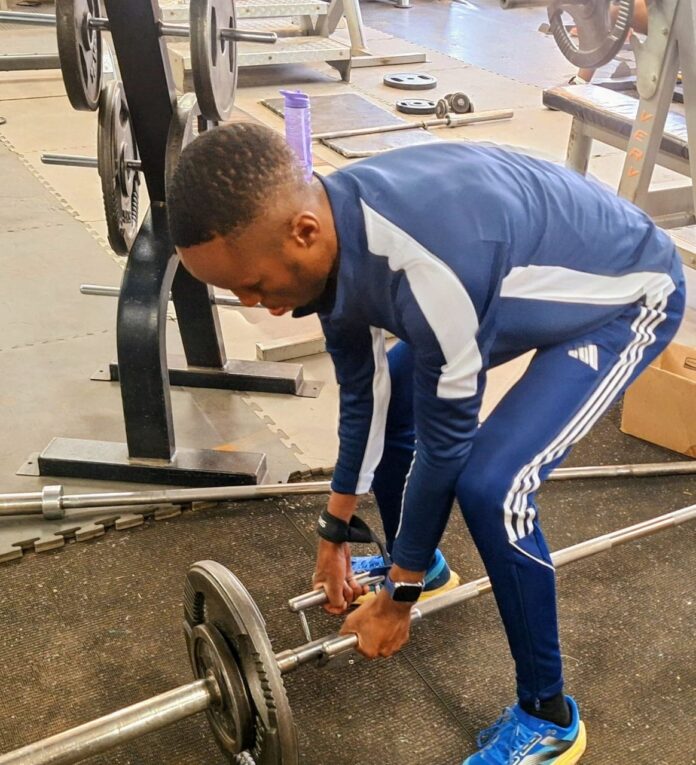Kutlo Motseta
18th December 2024
December 3rd marked International Day for People with Disabilities. The topic about physical ‘disabilities’ is contentious and the contention begins with description of the word itself, ‘disability’.
The word is a construct and creates – for better or worse – a stereotype of what ‘it means to have conventional physical anomalies.
I met one of Botswana’s future para-athletics stars, Ronald Rich and asked him what it’s like to be born with a physical disability. “I see my disability as an advantage”, he quickly responded.
But it was not always that way, because he suffered as a result of the miseducation of others about differently abled people.
Growing up, Rich always believed in his talent as he regularly outsprinted his abled neighbors back at home in the streets of Tswapong, Botswana.
However, he was reluctant to train at school because he was afraid that he would get mocked.
He struggled for many years as people made jokes at his expense and imitated him for the same amoral reasons. Furthermore, he would occasionally fall as a result of weaknesses in his legs, which further discouraged him.
He was the only person with a disability in his primary and senior secondary school; and one of two in his senior secondary school.
“At school they didn’t treat me well … they would imitate me just to make other people laugh. I had this problem throughout my school years. It took a long time for me to accept myself. I would talk to my parents and tell them that I could not accept myself. Even when I was older, I would cry. My parents would encourage me to accept myself,” he said.
Typical of a champion athletes mindset, Rich was stubborn in his vision concerning his talent. He left Tswapong in 2022 and found an athletics club in Gaborone where he started training.
He discovered that the athletics fraternity is very welcoming of people with different physical abilities.
It caters for people with different muscle types, e.g. short and long twitch fibres for sprinters and middle/long distance runners respectively. Physically big people, possibly slow in running, who acquire strength through training or are born with extraordinary physical power, e.g. short putters, javelin throwers etc.
People with visual impairments, varying arm and leg strengths e.g. Para-athletes. This diverse community helped him to accept himself, as he observed that athletes generally view each other as one community.
“Athletics helped me to accept the condition that I am in … I got accepted by people in athletics that helped me,” he said.
He appears to have what it takes to become a world champion para-athlete medalist. He has progressed remarkably over the years. He started his career with a time of 58.84 seconds in the 400m and this year he recorded a personal best of 54.68 seconds, which is competitive by world standards.
He hopes to qualify for the world championships next year which will be hosted in India. This will enable him to become a gainfully employed athlete as optimal performance in the sport costs.
As athletes many realize their potential needs pharmaceutical supplements (rest and recovery to enable the body to cope with Olympic training programs) like nutritious and balanced diets as well as basic needs like transport fare. Rich is currently training in the national camp.
He has persevered and overcome lifelong obstacles as a result of the miseducation of others about the differently abled. Given his stubborn attainable vision, his progression over the last three years, elite training program, it is clear that he has the necessary mental toughness, dedication and talent to become a world champion medalist and raise the national flag high at the 2024 Paris Olympics.
• Rich is a 400m T37 athlete. He explained that this category is for athletes who have combined physical impairment in one arm and one leg.









